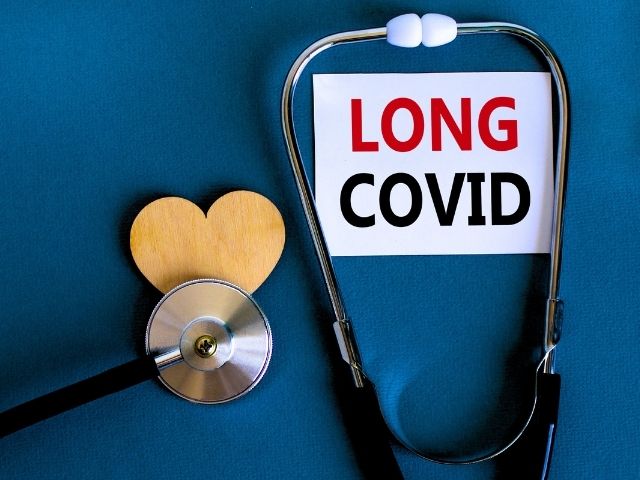COVID-19 and Long COVID
COVID-19, caused by the SARS-CoV-2 virus, presents a wide array of sequelae, affecting multiple organ systems. The severity of the sequelae of COVID-19 can vary depending on the individual’s age, health status, and severity of the initial infection. Some individuals may experience no sequelae at all, while others may experience long-term or even permanent health problems.
The long tail of the COVID-19 pandemic and the evolving variants (SARS CoV-2 Sublineage BA.2.86) have underscored the profound and relevant impact of sequelae. A significant portion of COVID-19 survivors are experiencing ‘Long COVID,’ also referred to as Post-Acute Sequelae of SARS-CoV-2 Infection (PASC) is a term coined to describe the myriad of persistent symptoms that continue for weeks or even months after recovery from the acute phase.
From our current and brief medical viewpoint, long COVID’s sequelae is multifaceted, complex, and impressive. Sequela can include respiratory issues including persistent cough, breathlessness, and lung damage.
Cardiovascular effects can include heart palpitations, chest pain, and long-term heart damage. Neurological and psychological problems can include brain fog, headaches, anxiety, and depression. Vascular events and hematological sequelae can include anemia, thrombocytopenia, and disseminated intravascular coagulation (DIC) due to hypercoagulable state.
Musculoskeletal complications include chronic fatigue muscle aches, and joint pain. Psychiatric symptoms can include anxiety, depression, and post-traumatic stress. Renal dysfunction and acute kidney injury can occur during the acute phase which may lead to chronic kidney disease. Gastrointestinal issues can include persistent gastrointestinal symptoms like diarrhea, nausea, or loss of appetite. ENT symptoms can include loss of taste and smell for weeks or months.
Metabolic sequelae can include diabetes mellitus, obesity, and dyslipidemia. In the pediatric population, Pediatric Multi-System Inflammatory Syndrome (MIS-C) is a serious condition in children linked to COVID-19, involving inflammation in various body parts.
The management of COVID-19 sequelae requires a multidisciplinary approach and may necessitate ongoing medical care, physical rehabilitation, mental health support, and patient education. There are no definitive treatments for long COVID, and the medical literature has yet to identify a definitive, one-size-fits-all treatment for “long COVID.” Current treatment includes managing and addressing the individual symptoms.









